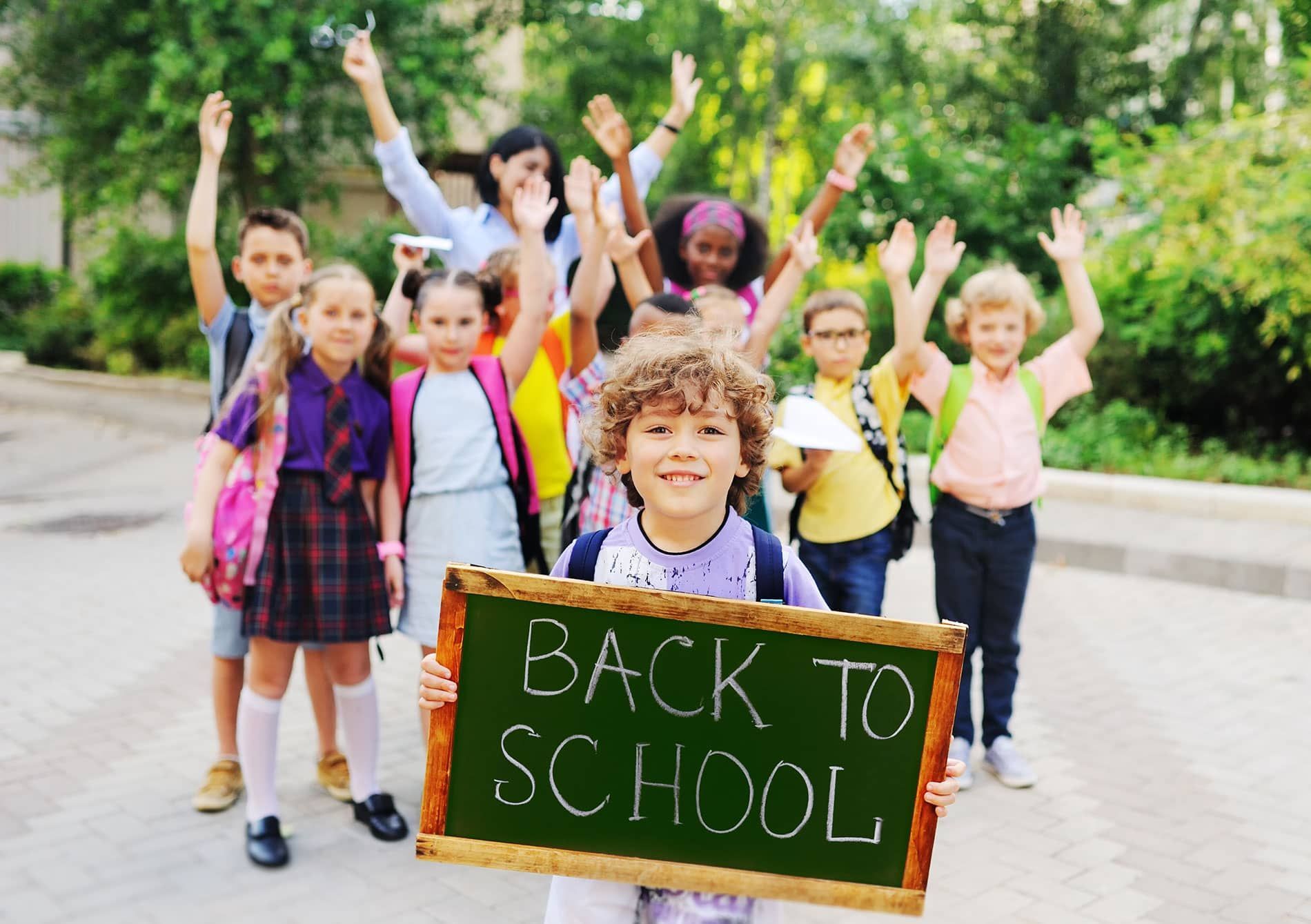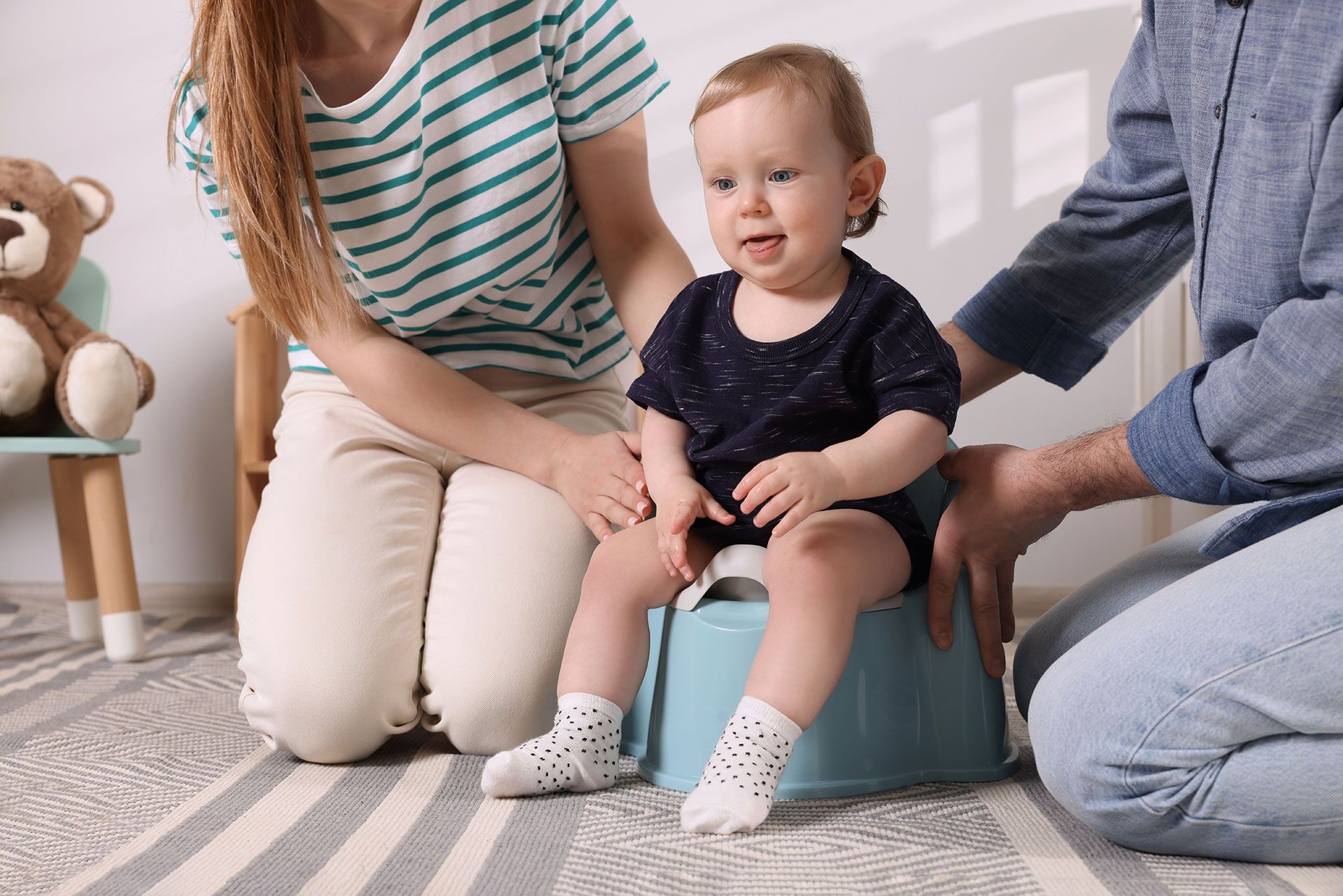Helping Teens with ADHD (or without) Transition to College
Sending your child off to college is daunting – not only are they learning to be independent for the first time, but they are also taking their educational careers into their own hands without their familiar chaperones to guide them. So, what if your child has ADHD? This can make the transition from high school to college exceedingly more difficult. However, with proper planning and guidance, you can help ease the transition.
High school students with ADHD experience poor attention span, inattentiveness, impulsiveness and hyperactivity that can negatively impact their ability to perform well in school. “The transition from high school to college is a significant challenge especially if a student has ADHD, a specific learning disability or executive skill deficits such as poor planning, organizational, initiating and time management skills,” says Gillian Botha-Harvey, M.A., the COO and Clinical Consultant at Woodlands Behavioral Health and Wellness Center.
However, when your child is still living at home, you are there to monitor your child’s symptoms, curtail negative behavior, and offer direct support. But what happens when you’re not there to remind your child to not leave their math homework behind at the breakfast table or that their science project fair deadline is looming ahead? “Parents recognize that this behavior is not going to just disappear once the child goes to college,” says Botha-Harvey.
The best way to prepare your ADHD child for college? Plan ahead – ease up on the handholding, and work on teaching your child to manage their behavior independently now.
One suggested tip is to get your child used to using a planner – whether it be a paper, electronic, or even by smartphone – to not only keep track of a to-do list and daily schedule, but effectively execute daily activities. This will help them when they struggle with time management skills.
You can also anticipate what lies ahead at the university and plan accordingly. Be sure to make sure your child is choosing the right course schedule at college for the upcoming semester. For example, don’t load up on too many lecture classes if your child has trouble paying attention and sitting still for long hours. Mix it up with shorter or project-based classes, making sure they do not play it too easy OR overextend themselves.
It’s also important to teach your child self-advocacy skills. Prepare them to talk with professors, deans, or counselors directly to explain how ADHD affects their academic performance and learning style. They should learn how to effectively work with professors and counselors to map out accommodations, such as extended test times or permission to record lectures. Parents and students may also want to research a “point person,” someone at their prospective college that can offer on-campus support. Check to see if the university has a disabilities office or counselor, and let your student reach out to them themselves their junior or senior year of high school. This person may help your student with accommodations and the proper paperwork to file. If your child takes ADHD medication, find someone in the college infirmary who can perform medical checks on them on a routine basis.
Another effective way to help your ADHD child prepare for college is through
college prep coaching at the Woodlands Behavioral Health and Wellness Center. “Our counselors and coaches are specialized in preparing students for college and then coaching them through the first 6 months or year of college by teaching them effective strategies and skills to cope with and stay on top of their assignment load,” says Botha-Harvey.
The College Prep Coaching program includes:
- Identifying any executive skill deficits or psychological issues, such as perfectionism, that may undermine their college experience, using psychometric rating scales and interviews
- Vocational guidance for students, as well as help with degree and course selection
- Planning, research, and composition of an assignment within specific timelines
- Guidance on how to study complex material for college tests and exams
- How to balance academic and social life at college
Furthermore, The Woodlands Behavior Health and Wellness Centers can work with students after they’ve arrived at their new college life. Long distance coaching includes:
- The charting of timelines and deadlines for all course assignments in a semester, maintain awareness of test and exam dates and assignment submissions for each course, and maintaining awareness of when to prepare for tests.
- Helping students to maintain their timelines, apply the assignment writing and study skills they learned in college prep sessions, and coping with the academic and social demands of college
It’s important to be wary that, no matter how much you prepare, things can still go south. If your child performs badly on their first semester, don’t resort to shaming and blaming. “College prep and long-distance coaching is critical for students who have either withdrawn from or failed their freshman year at college and are now returning to repeat their freshman year. Often these students have lost confidence as a result of dropping out of college. In addition to emotionally supporting them it is essential to identify what undermined their performance previously and to teach them skills and strategies to prevent this undermining their second attempts,” says Botha-Harvey. You should continue to encourage and seek support for your child, preparing them to jump back in the saddle.
And just remember – while you can no longer hold their hand, you can still offer support from a distance. Whether you’re a short visit or a long-distance phone call away, you can still offer guidance to your child. Just don’t try to fix all their problems, and instead help them to make decisions independently. ADHD does not spell out failure for your child’s college performance – in fact, with the right preparation, skills, and coaching - they can be independently and academically successful!








